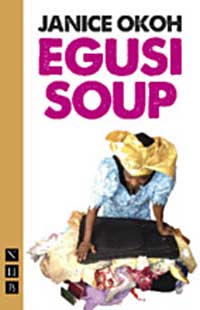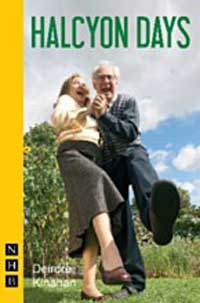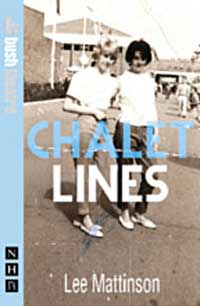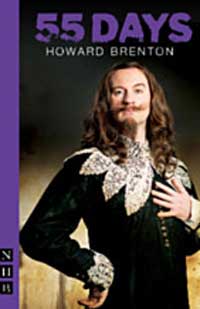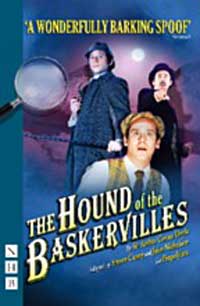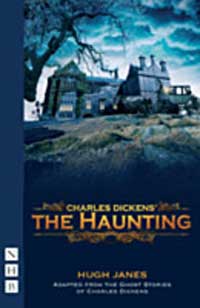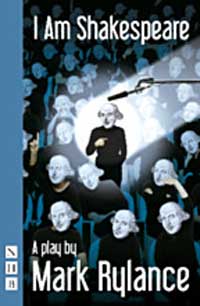
I Am Shakespeare
Mark Rylance
Nick Hern Books
ISBN NO: 9781848422698
CAST: 6M 1F
TYPE: Full Length
The authorship of Shakespeare’s plays is something that has puzzled scholars for years. How could the son of an illiterate tradesman have written the greatest dramatic works the world has ever seen? Fortunately, I’m no scholar and it isn’t a question that has troubled me much. Shakespeare’s father was the richest man in Stratford- upon- Avon and could certainly have afforded to give his son a good education. Furthermore, I do not believe it is necessary to be a member of the aristocracy in order to write about them. Haven’t many of the world’s greatest artists come from humble beginnings?
Nevertheless it is a debate that has sold a lot of books and now celebrated Shakespearian actor, Mark Rylance, has used it as the subject of his first play.
The play is set in Frank’s Garage. Frank is a schoolteacher and obsessive researcher of the authorship question. From his garage he presents a weekly webcast Who’s There?; a live internet chat show that “dares to ask the question who really wrote the works of William Shakespeare?” Just as the show is about to begin, Barry, Frank’s neighbour calls in. Barry is, or rather was, a pop star who had one hit twenty years ago and now makes up jingles and investigates crop circles (sounds like Reg Presley of The Troggs to me). The show survives the disturbance caused by Barry’s search for guttering but when he sneaks out and telephones the show, pretending to be Derek Jacobi, (with a Scottish accent) it all starts to be a bit too much for Frank.
But things are about to get worse. The next visitor is someone who could claim to be a bit of an authority on the works of William Shakespeare: William Shakespeare himself. Somehow, through the magic of the internet, the bard has appeared in Frank’s garage and presents a very compelling argument. Frank is convinced. Of course Shakespeare wrote the plays himself. Now that Frank can see this, no one will convince him otherwise. This is until Francis Bacon turns up.
Bacon adopts a curious stance: rather than try to convince Frank that it was he that wrote the plays, he argues that Shakespeare did not. However the next guest, Edward De Vere, is much more forthright in his claims; so forthright, in fact, that someone calls the police. Whilst the police sergeant draws parallels between the authorship question and the identity of Jack the Ripper the arrival of yet another guest presents yet another argument. Mary Sidney claims that the bard was not one person – that the plays were actually written by a pool of writers but, and this is the point, does it matter? Surely it is the plays that are important, not the identity of who wrote them.
As if to emphasise this point the play concludes with the police sergeant returning in order to arrest Shakespeare and demands to know which one is he. Having just seen a clip from the film I Spartacus the cast and if they are game, the audience, are all inspired to declare “I am Shakespeare!”
There is a lot about this script that annoys me. It is littered with author’s notes which even Mark Rylance admits he cannot understand. He also admits that it is too long and suggests lines that might be cut. Why present a play for publication that you believe to be imperfect? If it weren’t for who the author was any publisher would have rejected it; which would be a tragedy as this is a very funny play indeed: a delight from start to finish which should have an audience roaring with laughter and joyfully participating in the conclusion. A remarkable first play that deserves to earn Mark Rylance a reputation as a writer to match the one he has an actor.
